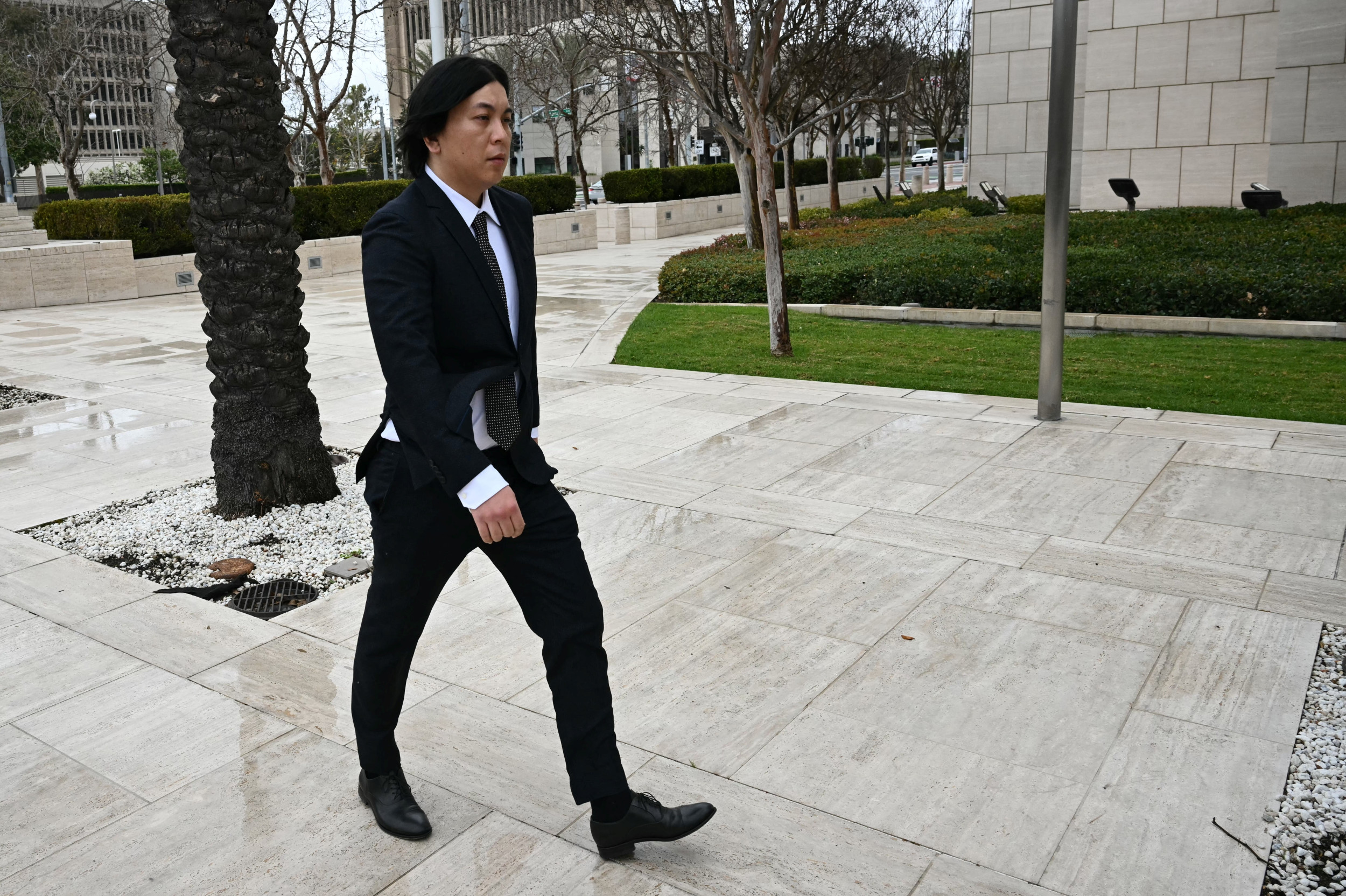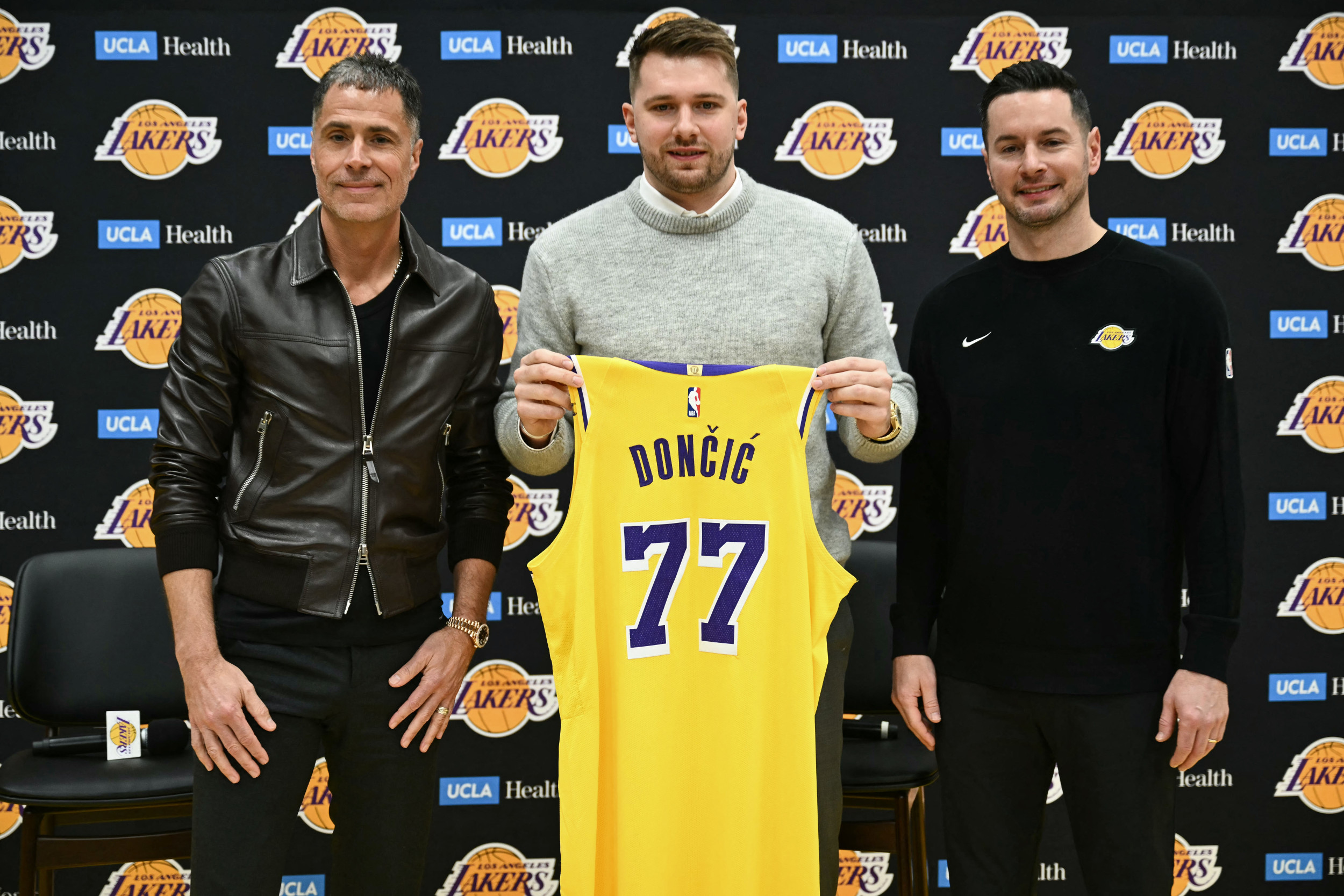A Missouri lawmaker has introduced a bill that would give residents the ability to sue telemarketers and scammers who use phone number "spoofing" to trick consumers into answering robocalls. HB564, also known as the Caller ID Anti-Spoofing Act, sponsored by Representative Mitch Boggs, seeks to curb the rising issue of fraudulent calls by imposing penalties on those who manipulate caller ID information.
Newsweek reached out to Representative Mitch Boggs for comment via email on Thursday.
Why It Matters
Spam calls and caller ID spoofing have been a growing nuisance for consumers, often leading to financial scams and privacy concerns. According to the Federal Trade Commission (FTC), over 250 million people have signed up for the FTC's National Do Not Call (DNC) Registry, with 4.2 million people joining the list within the last fiscal year.
Scammers use a tactic called "spoofing," defined by the Federal Communications Commission (FCC) as "when a caller deliberately falsifies the information transmitted to your caller ID display to disguise their identity." Bad actors may use this tactic to impersonate government agencies or financial institutions, deceiving individuals into divulging personal information or making payments.

What to Know
Under HB 564, Missouri residents who receive calls from numbers that have been deliberately falsified would have the right to file civil lawsuits against the caller. The bill defines caller ID "spoofing" as the intentional misrepresentation of a caller's identity in order to deceive or defraud the recipient.
By allowing consumers to take legal action, the bill aims to provide a more direct means of deterring fraudulent calls and holding offenders accountable.
Boggs' proposal aligns with federal efforts to tackle robocalls, including the 2019 TRACED Act, which increased penalties for illegal robocalls and authorized telecom companies to use call authentication technology. However, HB 564 goes further by allowing individuals, rather than just regulators, to take direct legal action.
In the state-specific breakout of the FTC's 2024 data book, Missouri's active registrations for the DNC registry by fiscal year have increased over the past four years, from just under 4.2 million people in 2020 to over 4.6 million in 2024.
Complaints in Missouri about unwanted calls have started to increase again after a decrease that began in 2022. In 2023 the DNC Registry notes 27,308 complaints vs. 31,798 complaints in 2024. The primary complaint topic for Missouri is medical and prescription-related calls.
What People Are Saying
Sam Levine, director of the FTC's Bureau of Consumer Protection, said in a press release: "Illegal calls remain a scourge, but the FTC's strategy to pursue upstream players and equip the agency to confront emerging threats is showing clear signs of success. In the years to come, it will be critical we continue this progress by confronting not only telemarketers but those firms who knowingly profit from scam calls."
What's Next
HB 564 is currently among the bills in committee with the Missouri House Utilities. If passed, Missouri would become one of the first states to grant private citizens the right to sue over caller ID spoofing. The bill's progress can be tracked on the Missouri House website here.














)





 English (US) ·
English (US) ·